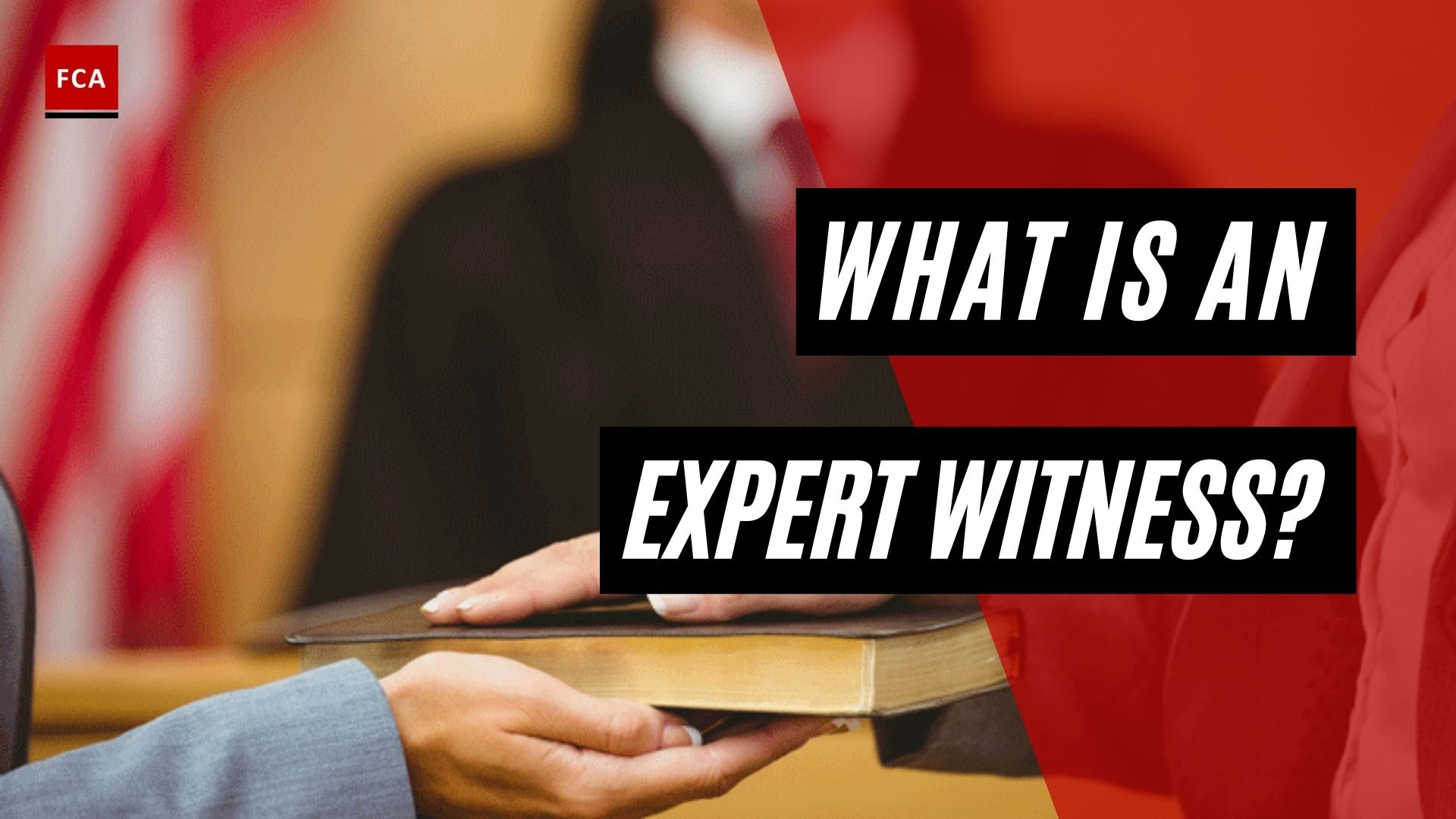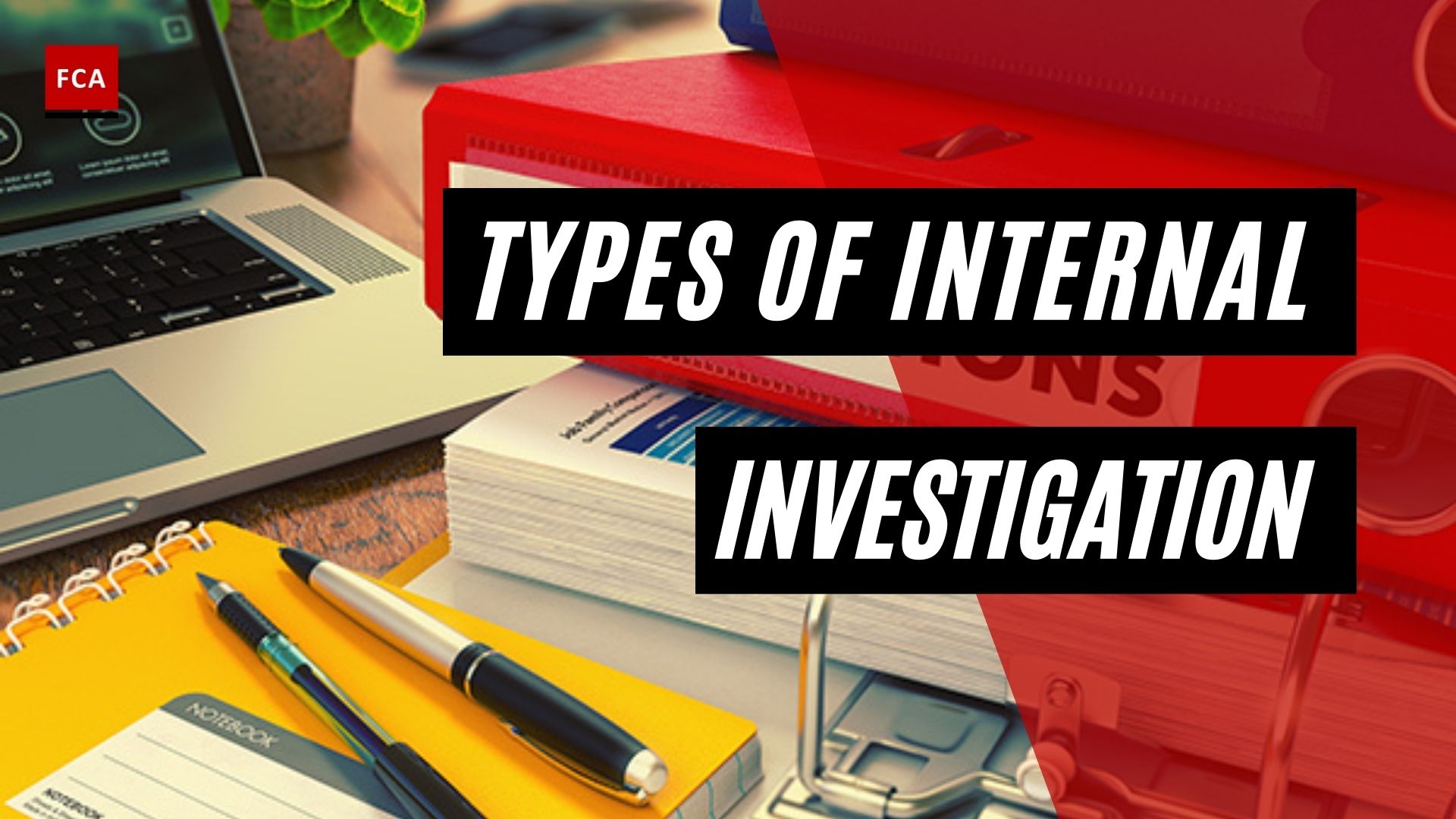Forensic accounting expertise advantages. Forensic accountants are in demand for their accounting, auditing, legal, and investigative skills. They are integral for achieving a cohesive policy of ethical behavior within the organization. Some organizations are establishing roles such as governance officers or committees to meet the public’s demands for corporate integrity.

Forensic Accounting Expertise Advantages
To develop a continuous corporate governance system, ensure that government policies and objectives are interwoven into the internal control system, set up fraud prevention systems, and investigate potential frauds. That way, corporations can benefit from internal forensic accounting skills.
Functioning as part of a corporate governance function, a forensic accountant can significantly contribute to the organization in many areas. The knowledge of company activities, functions, and organization and the general skill level of forensic accountants make them useful in areas other than fraud investigation.
Additionally, the forensic accountant would be involved in non-routine activities, such as complaints alleging criminal activity, claims arising from civil litigation, and inquiries related to corporate, governmental, or regulatory investigations.
Forensic Accountant
The forensic accountant could also assist executive leaders or those charged with governance, such as the board of directors, in areas including questionable transactions or dealings, cases where fines or other penalties are levied against the organization, concerns related to potential inappropriate management behavior including negligence or mismanagement, legal actions against the organization and instances of potential collusion or price-fixing.
Forensic accountants have a broad scope and mandate. In addition to traditional accountant functions such as bookkeeping, such professionals have the expertise to detect fraud, malpractice, or misrepresentation in financial statements. Small businesses may not have the resources to hire an internal forensic accountant on a long-term basis. They would, however, delegate forensic accounting duties to an internal accountant. Businesses can also train their accountants to be forensic accountants. To prevent malpractice, the law requires organizations to conduct regular forensic audits.
Strong Internal Controls
Internal controls are organizational policies and procedures that prevent the unauthorized or illegal use of business resources. The controls aid in the prevention of loss and the improvement of operational efficiency. Internal control activities include protecting the company’s cash and assets, ensuring the accuracy and integrity of financial records, and risk assessment.
Through computer forensic analysis, forensic accountants can easily identify areas that are vulnerable to fraud. Because they have a thorough understanding of the internal processes, they can also conduct risk assessments and recommend areas that require advanced controls. For example, a forensic accountant can track the company’s sales using a computer system to ensure that stock taking, sales, and inventory figures all agree.
Acquisition And Debtors
Many small businesses prefer to acquire as a growth or expansion strategy, but the majority do not have audited financial statements. Tax returns can be used by small businesses for this purpose, but tax figures frequently lack information as owners try to minimize their tax obligations. A forensic accountant can assist the acquiring company in tracking financial transactions and determining whether the target company is worth the amount stated in the tax records. Furthermore, businesses with trade credit transactions can use forensic accountants to assess the debtor’s creditworthiness and liquidity.
Fraud Detection
Financial statement misrepresentation engagements are one of the primary functions of forensic accountants, particularly during litigation and fraud investigations. Instead of waiting for yearly audits by external auditors to assess financial records, having an internal and permanent forensic accountant can be beneficial. Regular external audits reveal a company’s secrets, which can have an impact on its performance as it grows its market share.
On the contrary, regular internal forensic audits can detect flaws early and provide solutions without exposing the company to its clients or the public. Accounting professionals with forensic accounting skills can detect fraud early on by screening financial records and tracking computer systems.
Final Thoughts
Today, fraud is an ever-present issue that people and businesses face on a daily basis, sometimes without even realizing it. Since the advent of the internet, fraud has become increasingly easier to perpetrate and, as a result, more prevalent.
There are laws and policies in place to prevent fraud, but the reality is that more needs to be done if people are to have any hope of staying ahead of it. One option for successfully avoiding the negative effects of fraud is to use forensic accounting, which will assist you in determining how much money you are missing and how to recover it. It’s also frequently used as evidence in a fraud case.








